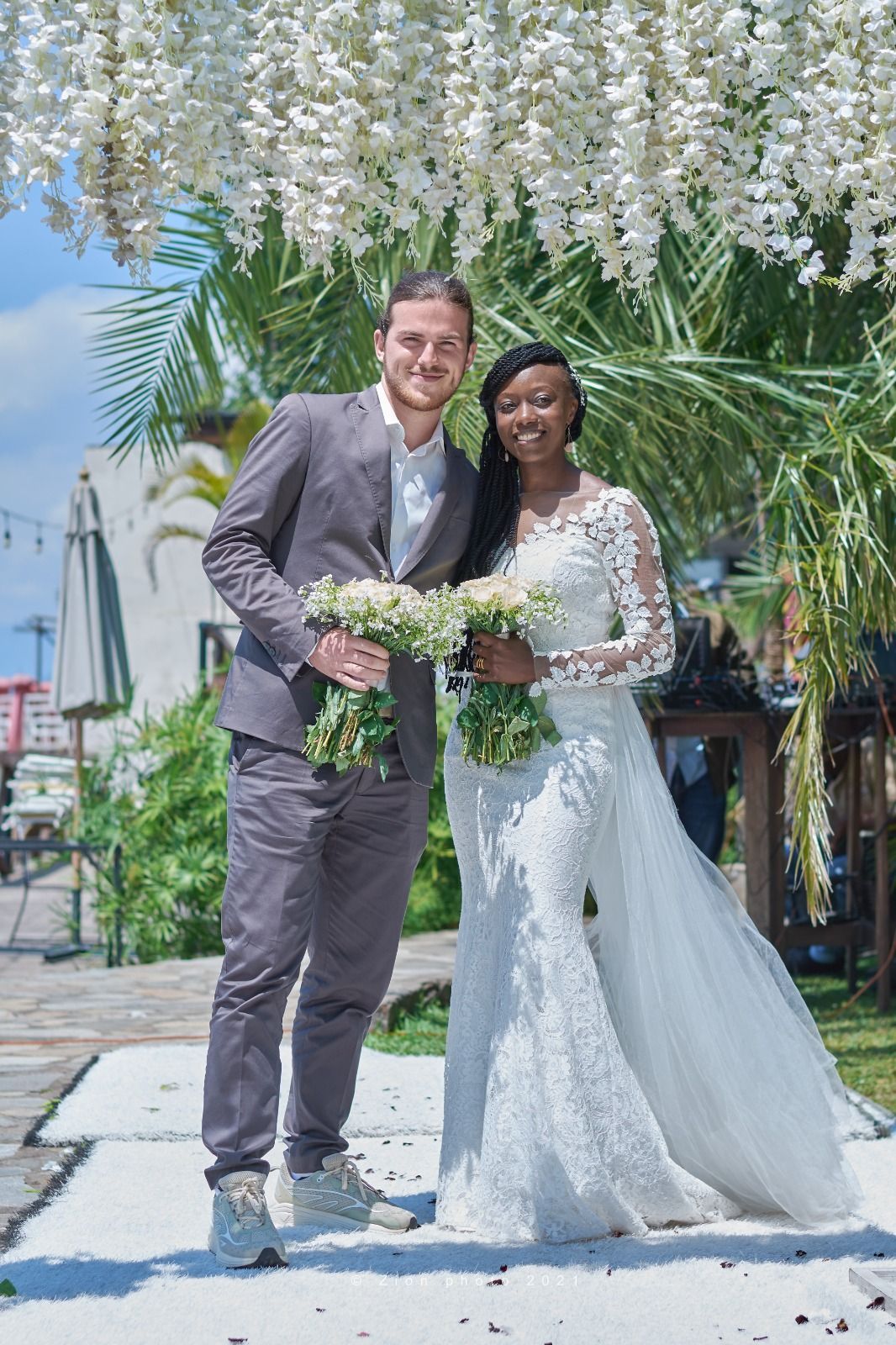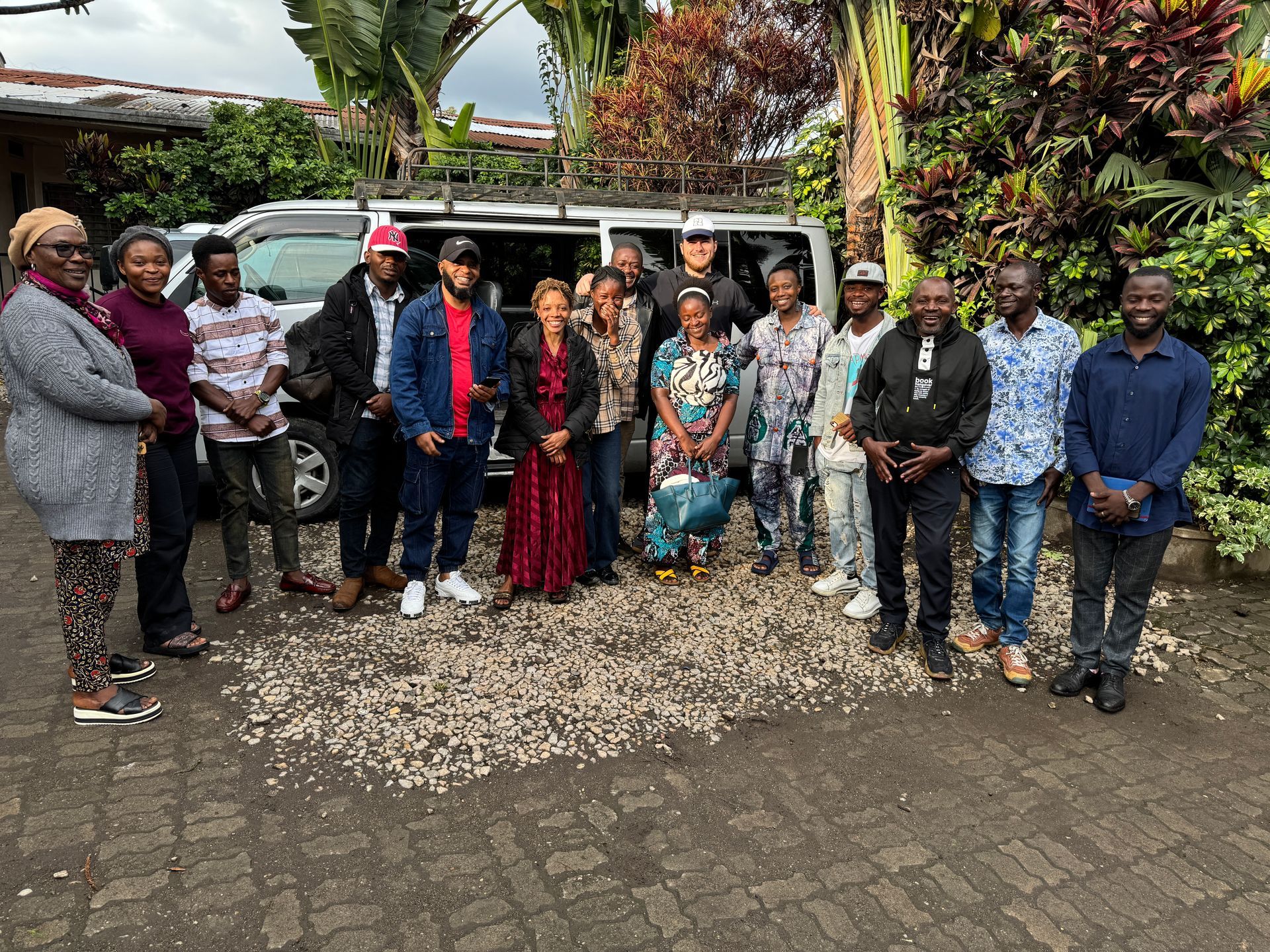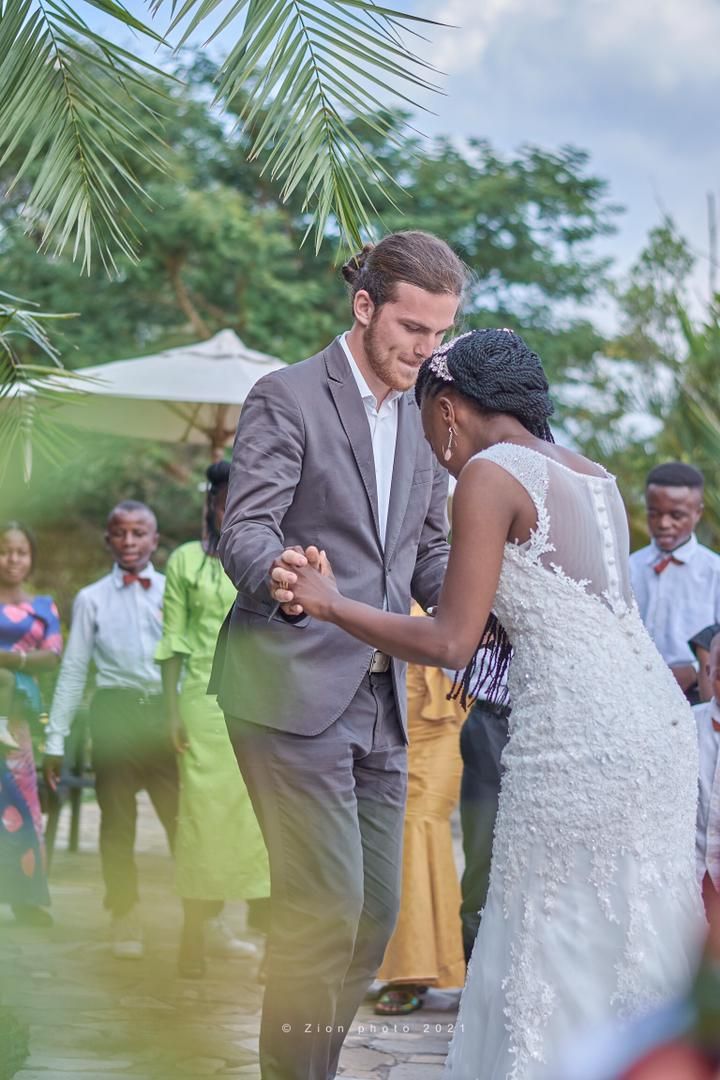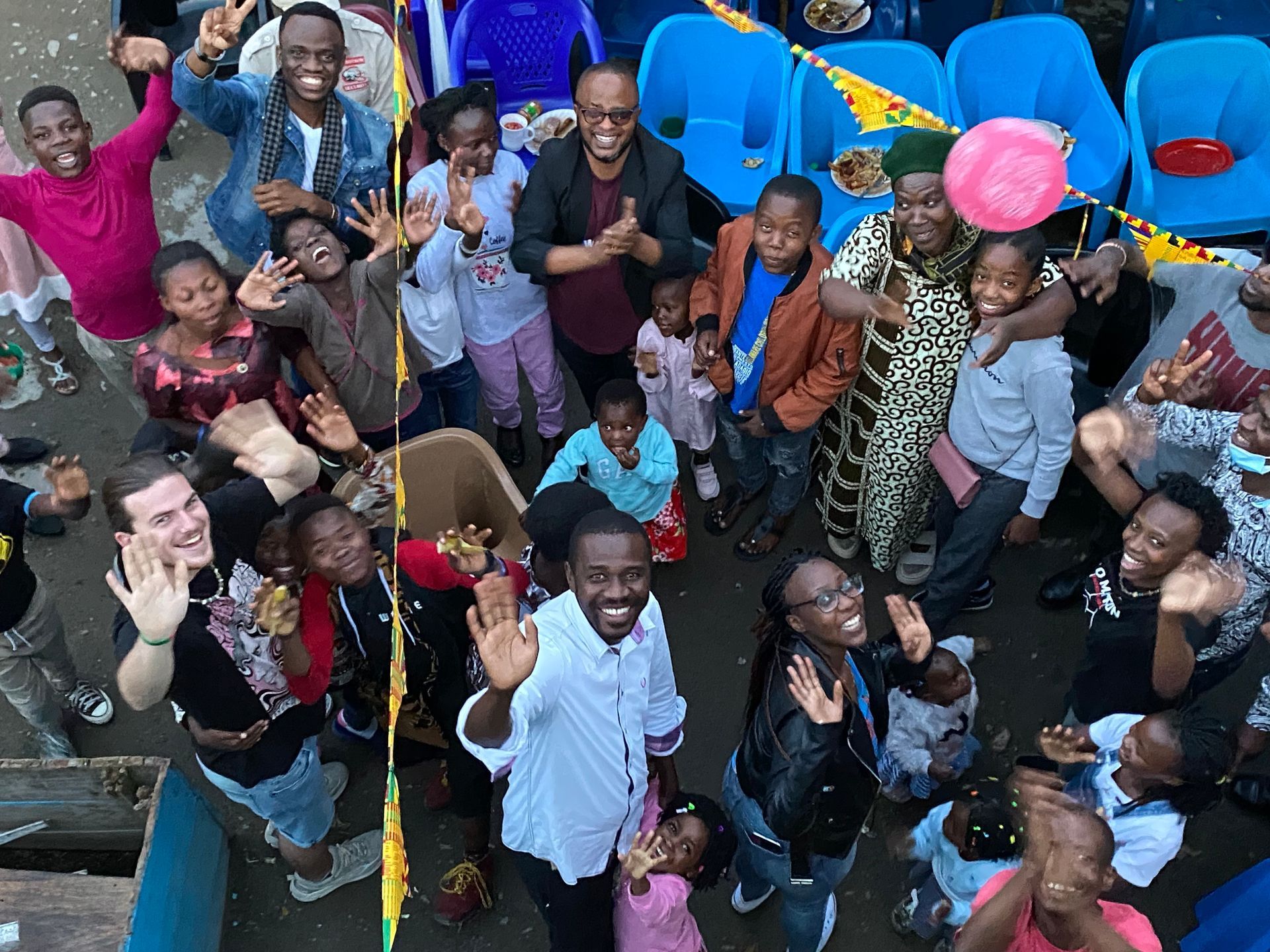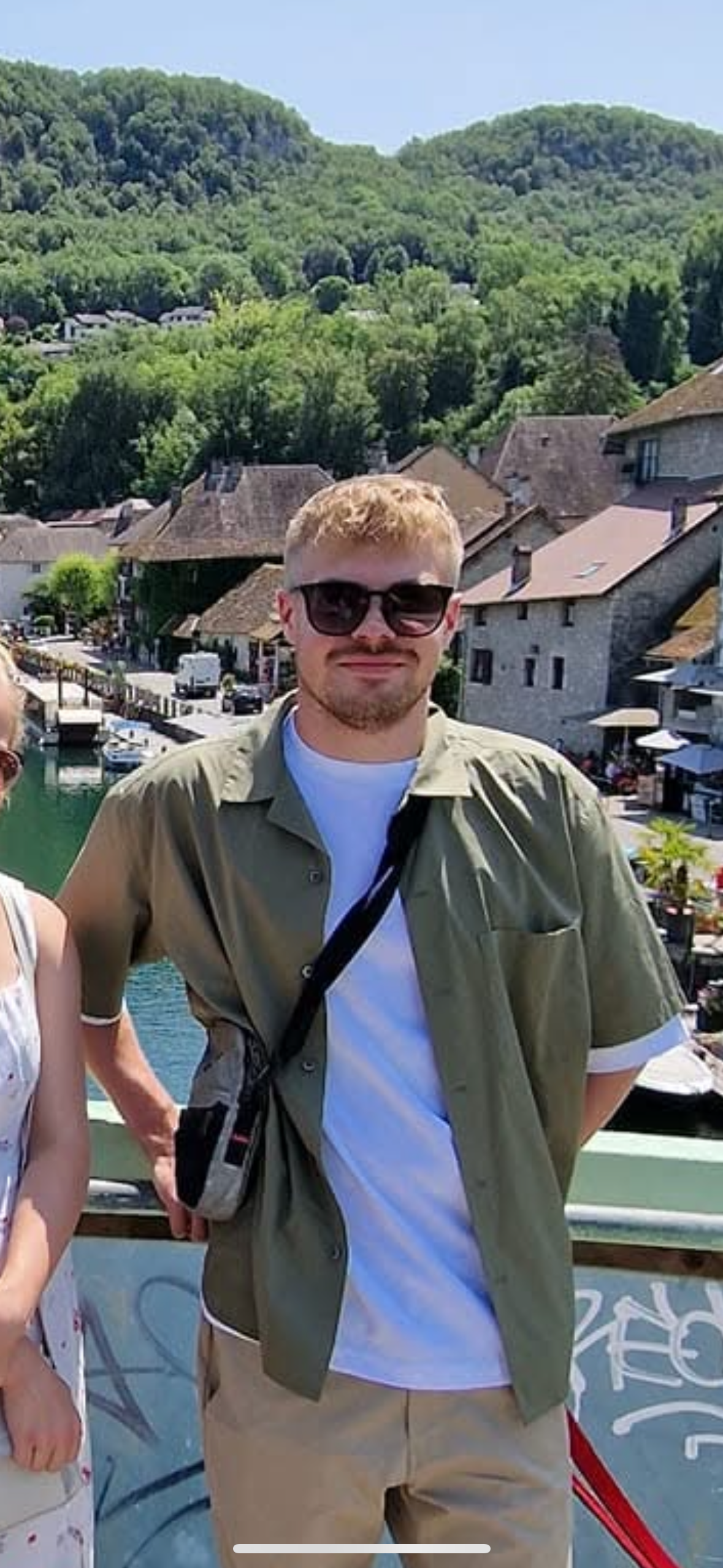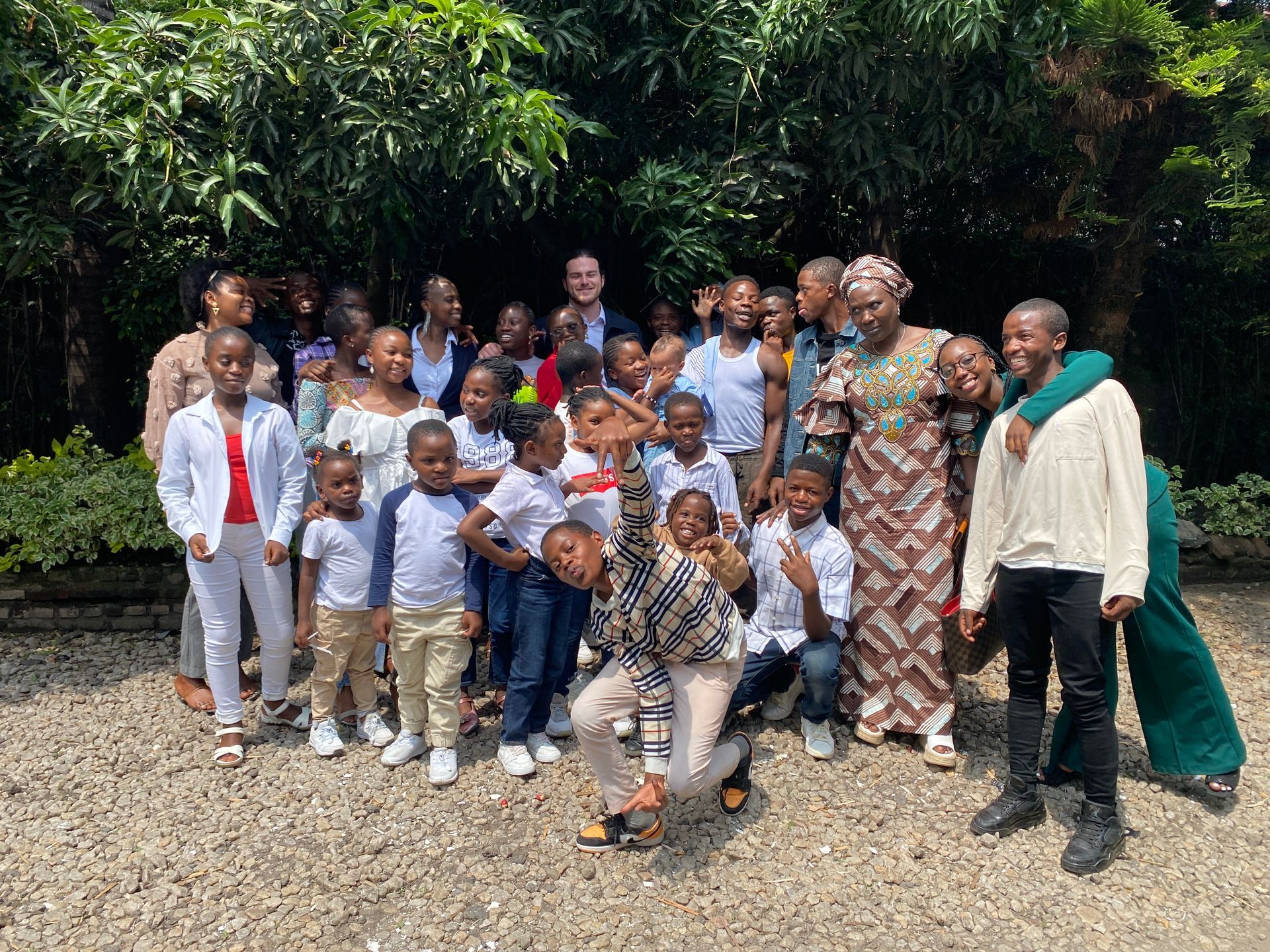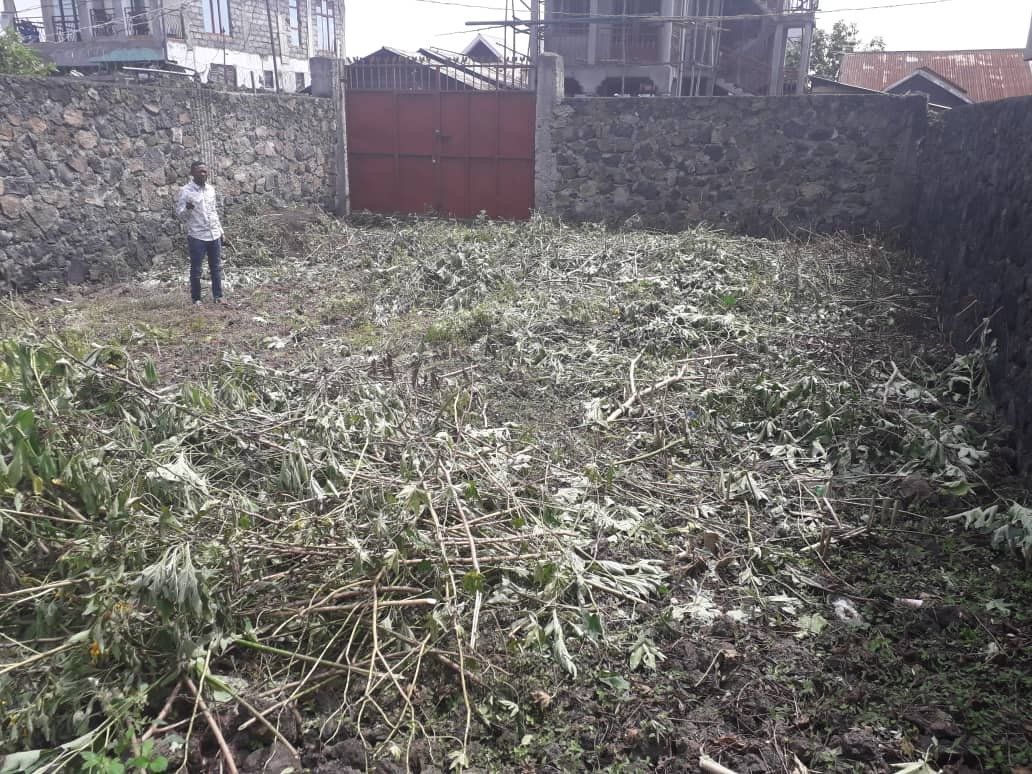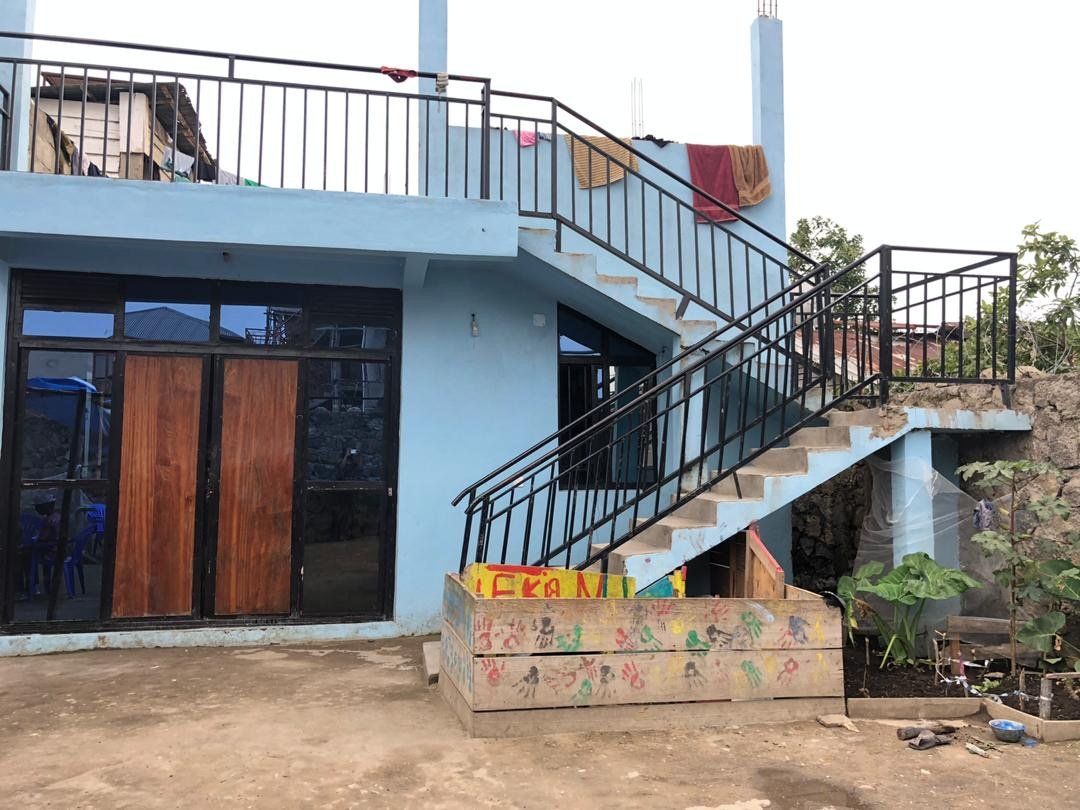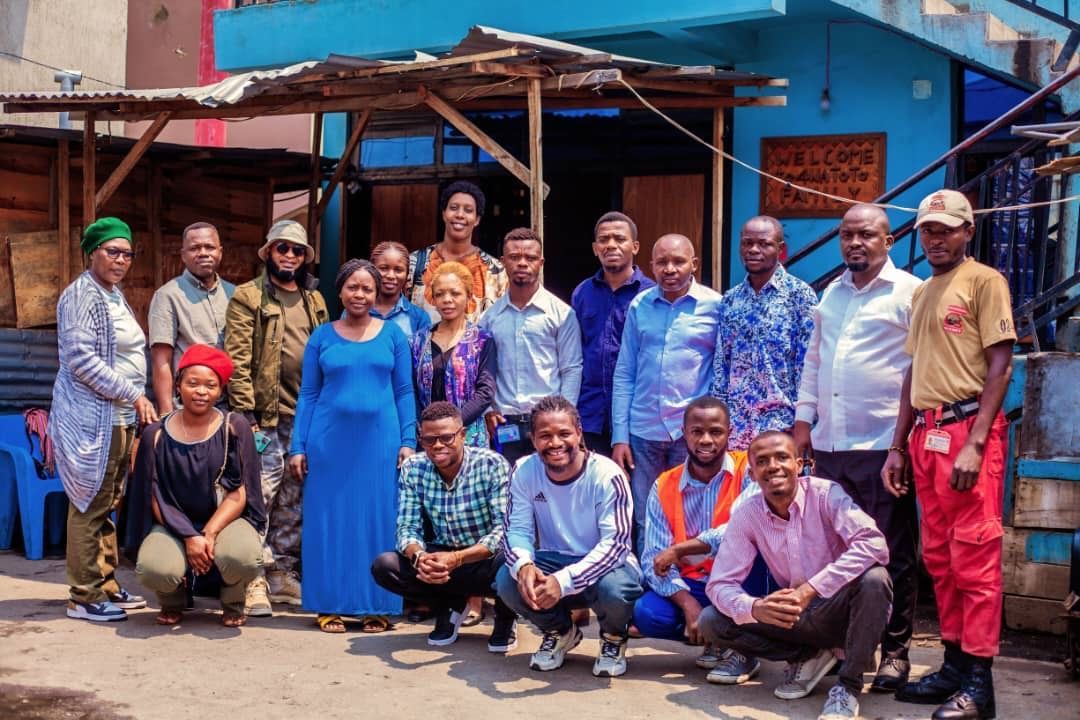Sometimes great change starts with a small, unexpected moment. For Stan van der Weijde and Aline Rehema, the founders of 4Watoto, it started with a journey, a meeting and a shared mission: to create a safe space for children in Goma, DR Congo.
From Adventure to Mission
After a year of backpacking and traveling through Africa, Stan ended up in Goma in early 2020. While driving through this beautiful, modern city of millions, he saw a boy of about 10 years old sleeping on an empty water bottle, in the middle of a roundabout. Curious, he asked his guide why the child was there. “He lives here,” he was told, “and those children there, there and there too.” These are street children.
Reality hit me like a sledgehammer. It was a moment that changed everything.
Once back in his hotel Stan met Aline, the manager. After more explanation from Aline about the situation of the street children she organised a dinner in the hotel. A great evening but at the end the children had to go through the gate back to the street life. Stan and Aline looked at each other in amazement. This is not possible. The next morning they started brainstorming.
Stan: “If we really want to make a difference for these children, what do you think we should do? You’re from here, I’m 19, not part of this society and don’t want to be the next westerner doing ‘good’ in Africa.”
Aline: "Giving them back their youth, building a home, being a family for them. Building a place where they can be themselves and grow at their own pace in character, talent, as a person and as a soul. Where they can have fun and do homework, watch movies, celebrate birthday parties. (And fight like brothers and sisters...), Where they have people around them who love them.”
The two decided to keep in touch.
From Idea to Reality
The original idea was to rent a house in Goma, but Aline was critical: "If we do something, we have to do it right. To build a safe place, where children can really grow up as a family." Her grandfather had a piece of land, and with his permission and a modest starting capital of €2,500, they started building in March 2020.
Aline took the lead as project manager, overseeing every step from purchasing materials to coordinating the construction crews. Stan focused on fundraising and continued to share the story with friends, family and anyone who would listen.
Against all odds, the gates of 4WatotoHouse opened in July 2020. A house, a home. Not just a shelter or an orphanage, but a place where 22 children found a family.
4Watoto Today
Today, 4Watoto has grown into more than a house. The organization now employs 20 people in DR Congo, 2 experienced boards and more than 20 volunteers in the Netherlands. Stan is the chairman of Stichting 4Watoto in the Netherlands and Aline the chairman of 4Watoto ASBL. in DR Congo. But above all, they are the guardian-parents of the children.
But the work is far from over. The biggest challenge remains financial stability. Without large reserves, they rely on the support of donors and hope to one day become self-sufficient through projects like Farm4TheFuture.
Believe in Cooperation
DR Congo is a country full of contradictions: chaos and beauty, pain and joy, challenges and opportunities. But above all, it is a place full of people. People like us, with dreams, hopes and the power to make a difference.
With 4Watoto, Stan and Aline are building a future in which children not only survive, but also grow, learn and dream. A future in which differences disappear and similarities connect us.
Aline: "We believe that anything is possible if you go for it together. The world is a beautiful place—let's share it."
This is the core of 4Watoto: a small dream, born from an encounter, grown into a movement that changes lives. 💛







